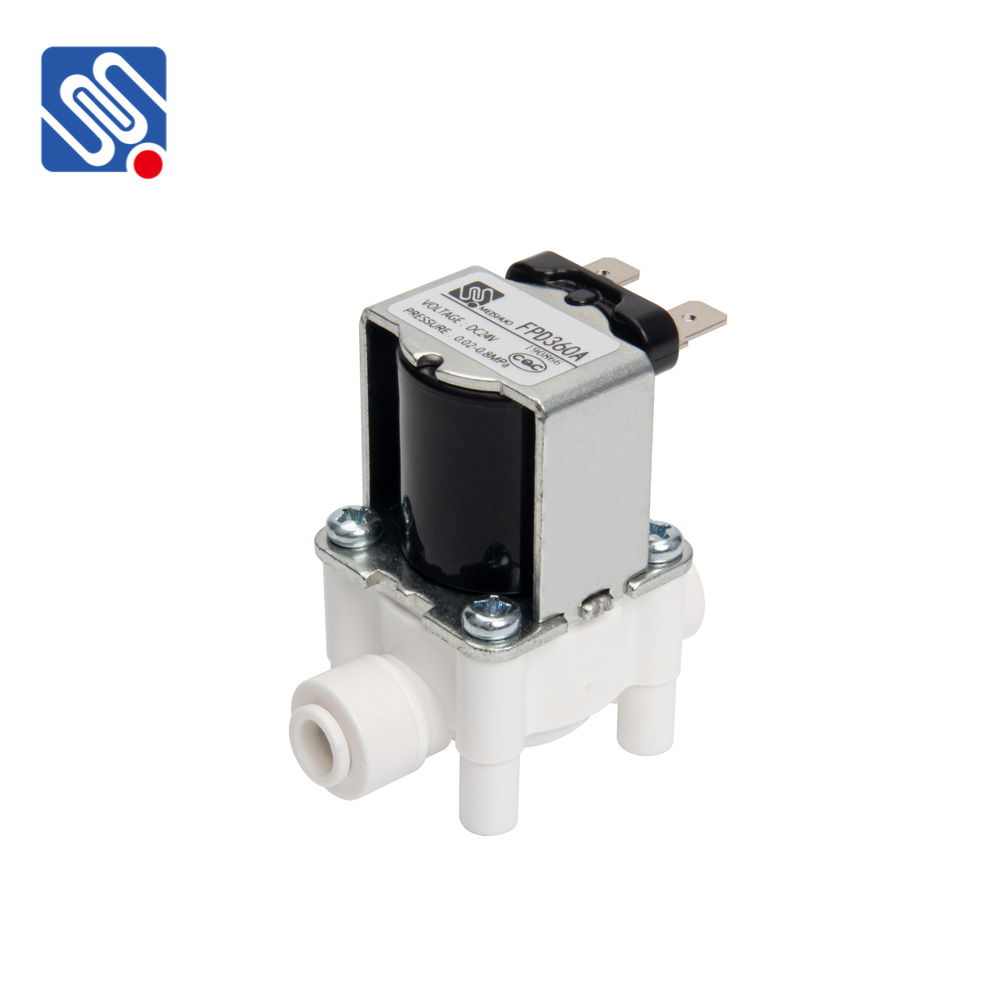The PP Solenoid Valve, made from polypropylene (PP), is a versatile and durable component used in a variety of industrial applications. Its primary function is to control the flow of liquids or gases by utilizing an electromagnetic mechanism to open or close the valve. Due to the exceptional properties of polypropylene, PP solenoid valves are particularly valuable in industries where the fluid being handled is corrosive or where high durability is required. This article explores the key features, applications, and advantages of PP solenoid valves.

What is a PP Solenoid Valve? A PP solenoid valve is a type of electrically controlled valve that uses a solenoid (an electromagnetic coil) to control its opening and closing. It is specifically designed to handle fluids that are highly corrosive or aggressive, making it an ideal choice for industries that deal with such materials. The valve body is constructed from polypropylene, a thermoplastic polymer known for its excellent resistance to chemical corrosion, making it particularly effective in applications involving acidic or alkaline liquids. Key Features of PP Solenoid Valves Chemical Resistance: Polypropylene is renowned for its exceptional chemical resistance. It is highly resistant to acids, alkalis, and solvents, making it ideal for applications where corrosive fluids are involved. This feature extends the valve’s service life and ensures the protection of other components in the system.